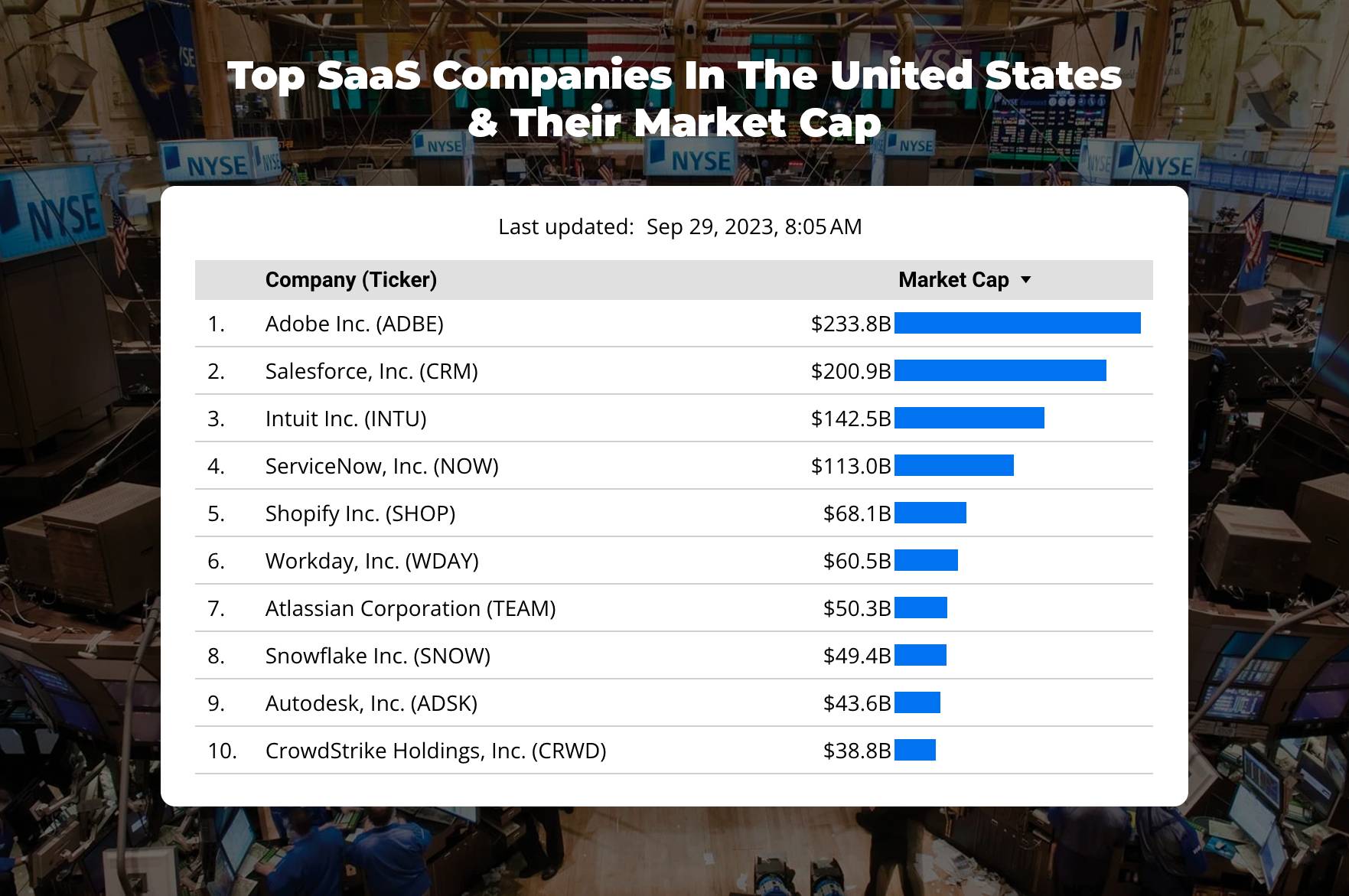
Why Is Working With SaaS Solutions Beneficial Than Building An In-House Platform?
For those unfamiliar with the latest technologies having an impact on the logistics sector- SaaS may seem a complex implementation. But, what if you were told that popular services like Gmail, Office365, Adobe, Salesforce, etc., all fall under the SaaS solutions platform? Now that you know the power of SaaS, why not try implementing it for your logistical needs? The global SaaS market is currently worth about $3 trillion, and our estimates indicate it could surge to $10 trillion by 2030.- McKinsey

What is SaaS?
SaaS stands for Software as a Service. It’s a service where the owner does not have to purchase a service but buys it on a lease (subscription). It is projected that 85% of software that organizations use will be SaaS by 2025.
Difference between SaaS Solutions and In-House Software
| SaaS Solutions | In-House Software |
| In SaaS, there is no sale of the software but a subscription model. | In-house development uses traditional software which has to be purchased in the form of licenses. |
| SaaS solutions can be used only for a predefined period, by paying a monthly, quarterly, or yearly fee. | In-house software is usually built to be used for a lifetime. |
| With SaaS, the software is hosted and maintained by a third-party provider. | In-house software also known as on-premise software, is when the servers and hardware are owned and managed by the organization. |
| SaaS applications can be accessed from any device with an internet connection through a web browser. | In-house software can be accessed from specific devices or through remote desktop solutions. |
| Maintenance and software updates (including bug fixes, security patches, feature enhancements, etc.) are undertaken by the SaaS provider. | In-house developed software requires hiring an experienced IT team to maintain and update the software on a timely basis. |
Benefits of SaaS Solutions in the Logistics Sector
Get faster adaptation: The use of SaaS solutions helps the team get the application ready to use within a few hours. This allows businesses to kickstart their logistics operations faster than getting the whole software developed.
Lower software expenses: The cost associated with buying SaaS software is always lower since they reside in a shared or multi-tenant environment. Businesses can scale their operations as per the demand requirements by paying a minimal fee.
Easily integrate and scale: Since SaaS software resides in a cloud environment, they are highly scalable and integrable with other software solutions. It offers easy and flexible planning capabilities to scale logistics operations based on specific requirements.
Get the latest updates: New features and upgrades become available to customers at the earliest. The costs associated with these upgrades are minimal to those compared to in-house developed software solutions.
Better security and compliance: SaaS solutions offer businesses the best regulatory and compliance requirements. The data is secured using the latest security measures and reports and documentation can be easily created for auditing and reporting purposes.
About LogiNext:
LogiNext is a leading SaaS-based solution provider for logistic management software. Having its presence in 50+ countries and 200+ clients, you can be assured to scale your operations with our platform. Our software has been proven in different markets like retail and eCommerce, food and beverage, courier, express and parcel, consumer packaged goods, transportation, and logistics. Some of our top clients include- McDonald’s, Pizza Hut, Burger King, Starbucks, UPS, Transguard, Malta Post, ChileExpress, Temple and Webster, Chill, etc.
The combined power of technology and SaaS is the final frontier for logistics.
102







@LogiNext